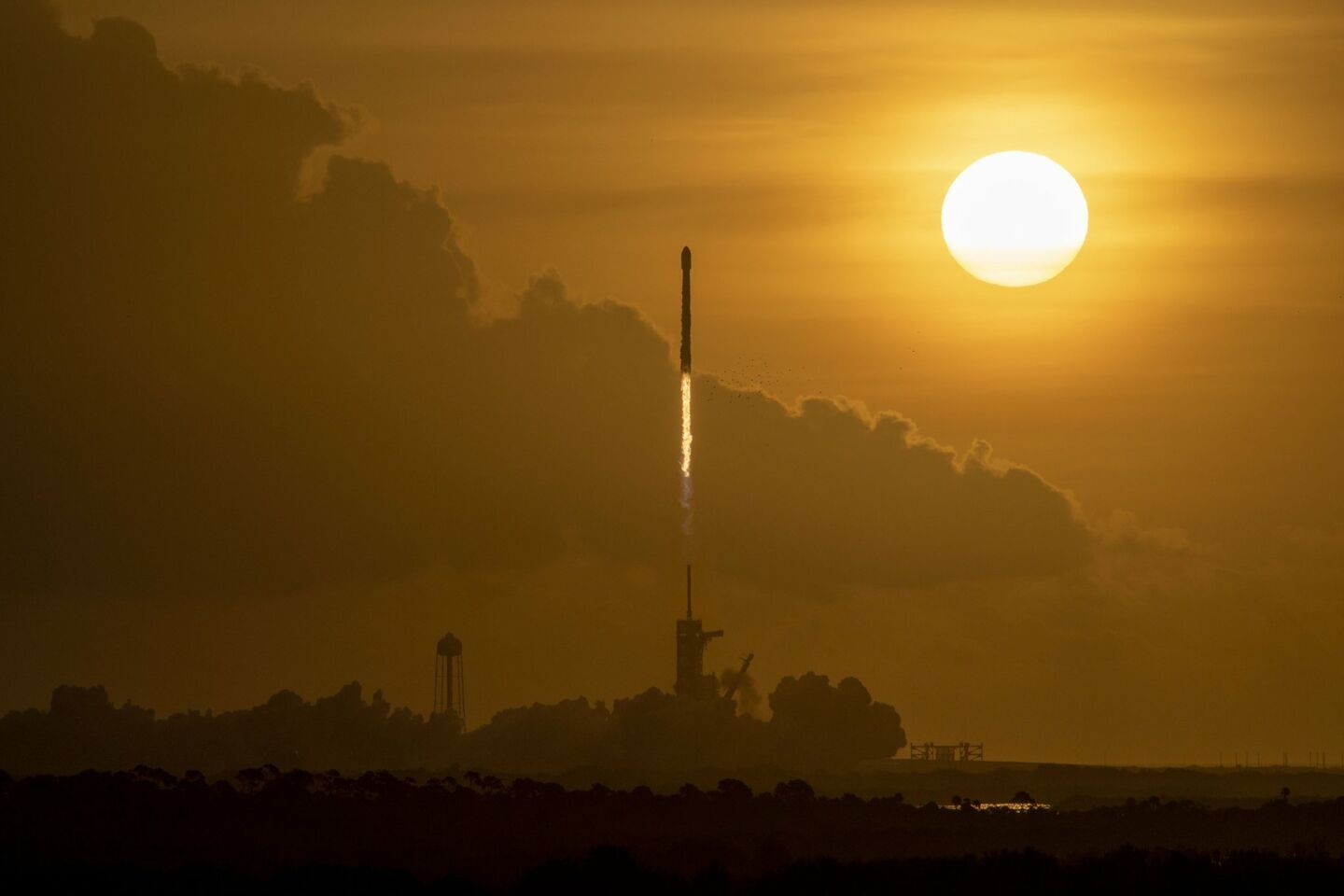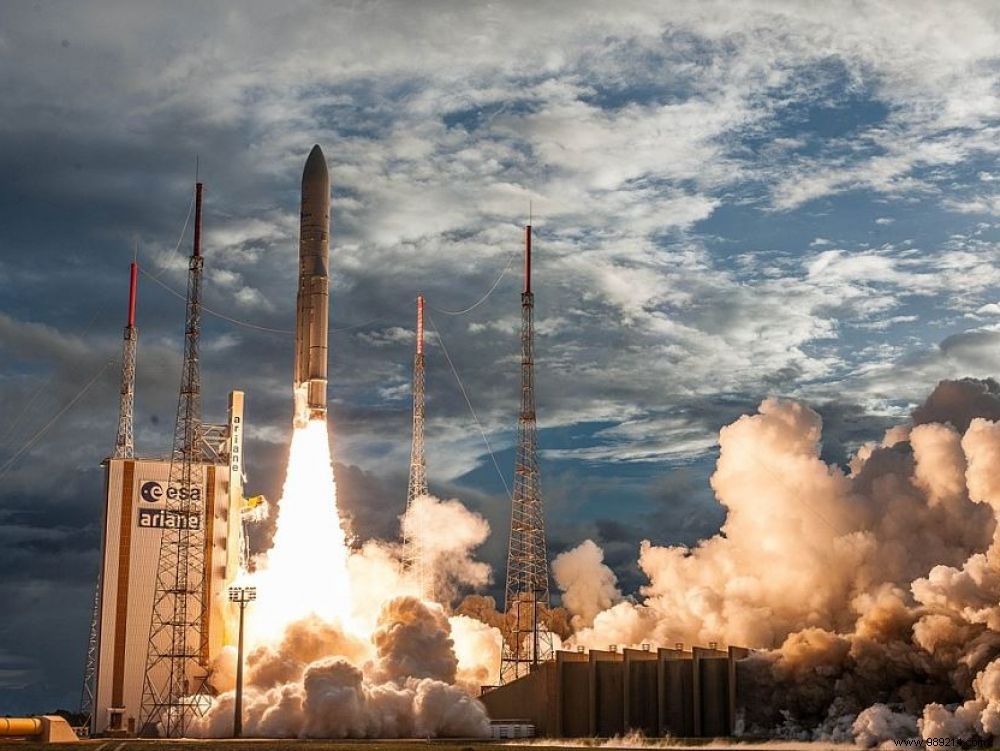Concerned by the emergence of SpaceX and growing competition from a new generation of Chinese rockets, the European Union is aiming for a more aggressive space strategy.
Over the past few decades, Europe has sought to "unchain" America and Russia to become a full-fledged player in the space industry. However, it is clear that the competition is fierce. To avoid losing too much ground, the European aerospace industry sector, muzzled for several years by American competition dominated by SpaceX and its reusable launchers, but also by China, which is launching a series of launches, will pursue a space strategy "more aggressive" over the next decade .
“We have to ask ourselves:will our current approach successfully get us to 2050, given the industry disruptions we are all seeing? I highly doubt it. So, I think we need a more offensive strategy “, said European Commissioner Thierry Breton on Tuesday, January 12.
In this spirit, the latter plans to bring together in the coming months all the actors necessary to "initiate a European alliance ". Together, they will have to define "a common roadmap for the next generation of launchers and relevant technologies allowing "autonomous access to the space for Europe.

During a press briefing held a few days earlier, on January 7, Stéphane Israël, the boss of Arianespace, also urged European governments to provide more support to his company in order to balance "unprecedented" American competition.
While Arianespace should end the year with a relatively stable turnover (about one billion euros in 2020), it recalls that the expenditure of the American government in the space domain are still "far superior to the combination of the European Space Agency, the European Union and European governments ".
Note that Stéphane Israël is not criticizing here the support that companies like SpaceX enjoy from the US government. The latter sees it more as proof that European governments must step up their efforts . "There are very good reasons to renew the public-private partnership around Ariane 6 and Vega C for this decade and to create the conditions for more balanced competition between Europe and our competitor in the States -United “, he said.

As a reminder, Arianespace completed ten launches in 2020 :three from its Ariane 5 vehicle, five by Soyuz rockets and two Vega missions, one of which failed. Stéphane Israël hopes to exceed this rate in 2021. The company currently plans to carry out three Ariane 5 launches in the year , two of which will involve the delivery of commercial satellites. The highly anticipated third will send NASA's James Webb Telescope into orbit.
Finally, note that there are only eight launches left in the Ariane 5 manifesto, before the vehicle is retired probably by the end of 2022. The first launch Ariane 6 is now scheduled for the second quarter of 2022.